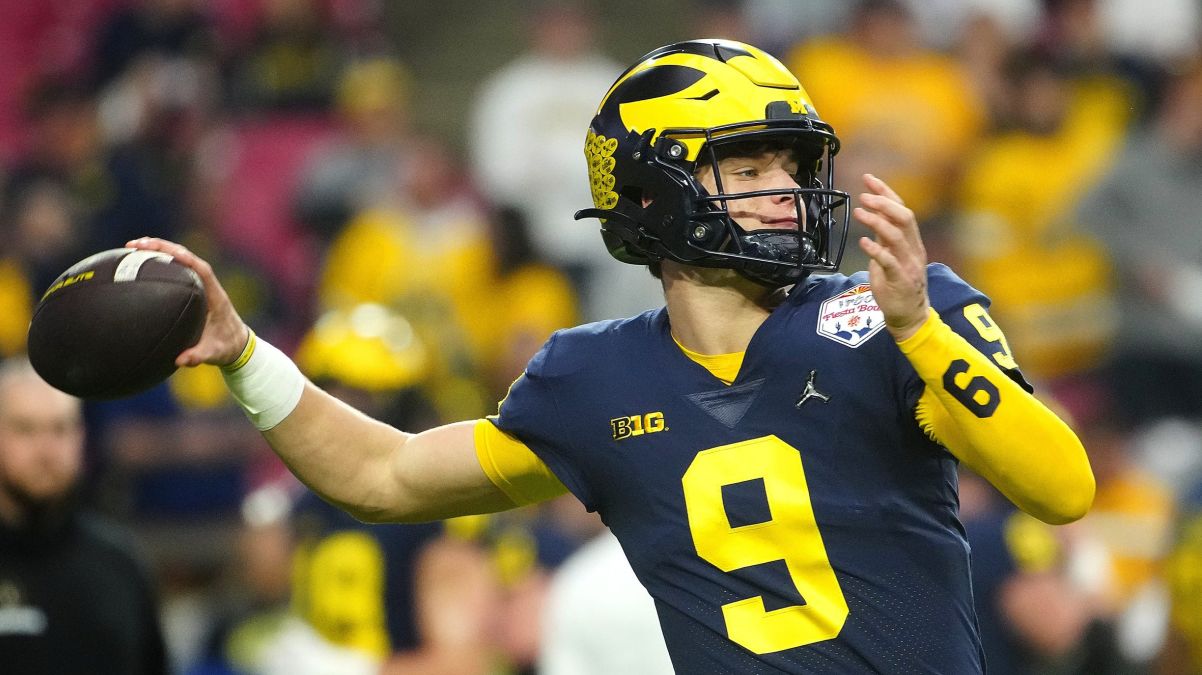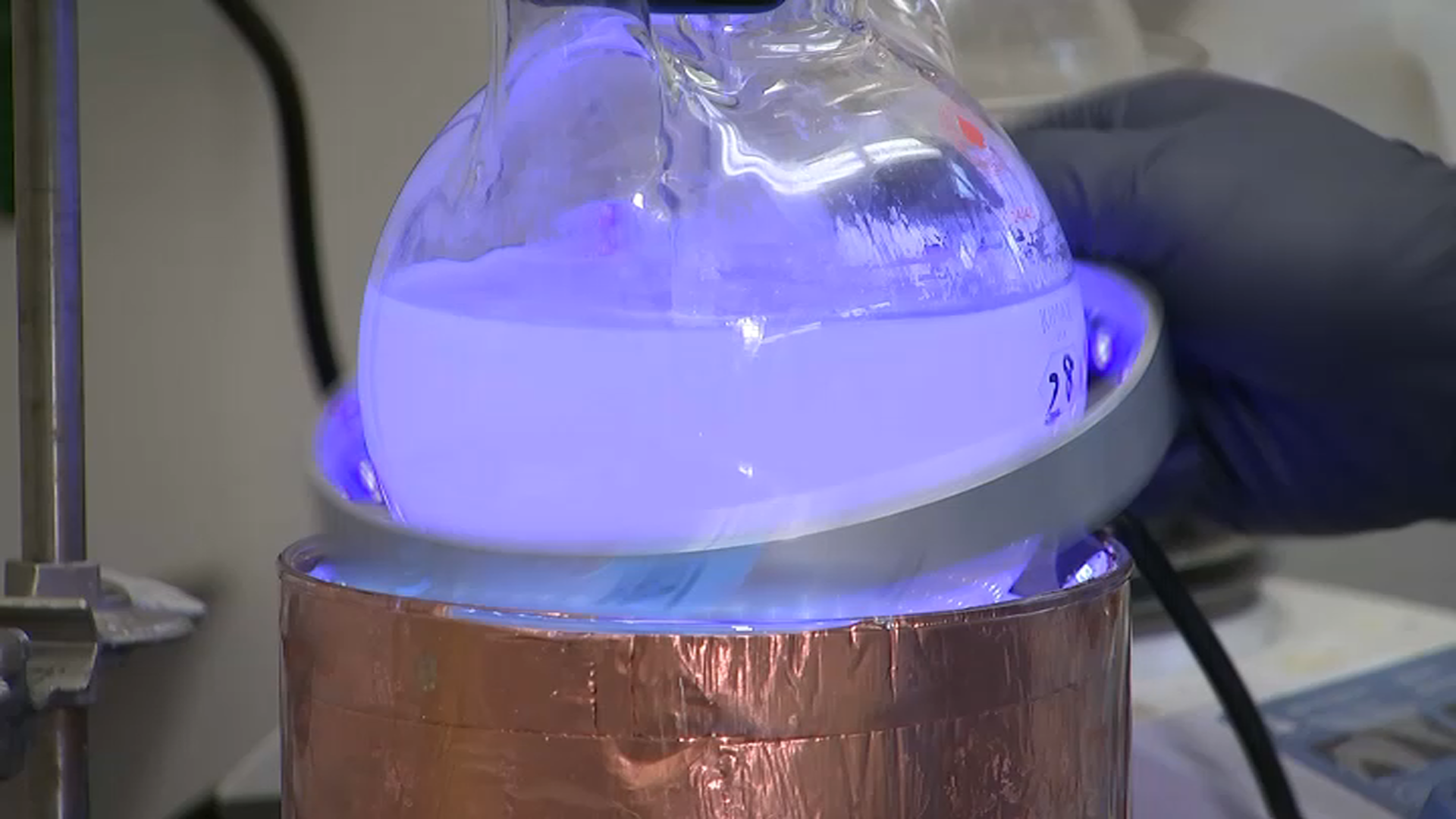Note: You can watch the first televised forum of the final two candidates for mayor in its entirety here.
Lori Lightfoot and Toni Preckwinkle squared off in the first televised forum of the final two candidates for Chicago mayor Thursday night. The two came face-to-face amid an already acrimonious campaign headed into the April 2 runoff election, and the sparks kept flying from the moment the forum began.
Lightfoot is a former federal prosecutor who has previously served as president of the Chicago Police Board and chair of the Police Accountability Task Force, among various other roles in city government. She was most recently a partner at Mayer Brown LLP.
Preckwinkle is the current Cook County Board president, a position she has held since 2010, and chair of the Cook County Democratic Party since April. Before that, she was elected to five terms as alderman of the 4th Ward on the city's South Side.
Both have attempted to paint each other as an insider, and themselves as a progressive reformer - a tension that came to light in the first few moments of the forum.
When asked if one person should have as much power as being both mayor and head of the county's Democratic Party, Preckwinkle said she "worked very hard for 20 years to try and make the party more inclusive and more diverse," citing her work in creating the party's executive committee.
"I got elected alderman on my third try. I beat the machine," Preckwinkle said with a laugh.
"When I came to City Council, I formed the Progressive Caucus," she added, highlighting her work on affordable housing and more.
When asked about her connections to two other mayoral administrations, Lightfoot went on the attack, referencing negative ads Preckwinkle's campaign has run about her record as an attorney.
Local
"I think it's interesting and frankly disappointing that Toni Preckwinkle and her people would try to criticize me for being successful," Lightfoot said, highlighting her working class upbringing and the sacrifices of her parents.
"I am a black success story, as are many people who are in the middle and upper-middle class in this city and for somebody like Toni Preckwinkle to criticize me for being successful, I find it highly ironic."
Preckwinkle later hit back, saying, "You know, I grew up poor too, that's not the point."
"The point is what you choose to do with your time and talents as an adult," she said, bringing up her work as a teacher and at non-profit organizations. The two continued to argue about their records and backgrounds, often talking over one another, before turning to issues facing the city.
When asked about whether they would keep Janice Jackson as Chicago Public Schools CEO, and Chicago Police Supt. Eddie Johnson in his role, both chose not to give definitive answers.
Lightfoot said she "had questions" about Jackson's leadership but would address it once elected, while Preckwinkle said she "had great respect" for Jackson and stressed that she wanted focus on equity across the district.
When it came to Johnson, Preckwinkle reiterated that she preferred a superintendent that "would acknowledge the challenges we face."
"One of those is the code of silence in the police department and the other is racism in the police department and he hasn't been willing to do that," Preckwinkle said.
Lightfoot later said she thought Johnson had been a "good and strong ambassador for bridging those divides" between police officers and the communities they serve, but did not commit to retaining or replacing him.
When asked about the city's operating budget, now half a billion dollars in the red, Lightfoot and Preckwinkle offered differing approaches.
"First and foremost, we've got to make sure that we get our costs under control," Lightfoot said. "The city of Chicago has about a $9.5 billion budget but we have no risk management system whatsoever."
"Fifty to 60 million dollars every single year in police settlements, judgments and attorneys fees for which there doesn't seem to be any urgency," she continued. "Over the last seven years alone we've gone into the bond market, at our terrible credit rating, and borrowed almost half a billion dollars. If that debt isn't restructured over time, we're gonna pay back two to three times the amount," she said, pushing for an unspecified effort to streamline city government.
Preckwinkle highlighted a different approach, saying she's a "big proponent of a progressive income tax at the state level."
"Not only to meet the fiscal challenges of our state but because the state shares revenue with cities, towns and villages and we want that revenue raised as equitably as possible," she said.
Preckwinkle then jabbed that Lightfoot "would be in the highest category" when it came to Gov. JB Pritzker's graduated income tax proposal, unveiled Thursday morning.
"I'm happy to pay my fair share, Madame President, as I have every single year," Lightfoot responded.
With the four city-obligated pension funds at 27 percent funding, far lower than what is considered healthy at 80 percent, both candidates said definitively that benefits should not be cut for retirees, but did not offer specifics on raising new revenue.
On outgoing Mayor Rahm Emanuel's proposal to borrow $10 billion to fund pensions, Lightfoot declined to weigh in, citing a lack of details in the proposal.
Preckwinkle said she was "concerned" about the outcome because it was a "very difficult time in the economic cycle to be going into the market in this way."
Both candidates said they supported an elected board for Chicago Public Schools, but when it came to negotiating a new contract - including a possible raise - with the Chicago Teachers Union, both again stayed tight-lipped.
Preckwinkle said she thought it would be a "big mistake to start talking about your negotiating strategy at this point in time" but offered that while she was proud to receive CTU's support, the role of mayor would be to "do the best for all of our citizens, and that means negotiating fair and reasonable contracts."
Lightfoot said that CTU "has become a very important institution in our city" but did not offer specifics on that negotiation, nor those for police, fire and municipal worker contracts. Preckwinkle also said each had to be addressed individually.
Sparks flew yet again on a question about Chicago's status as a "sanctuary city" and the threat from President Donald Trump's administration to withdraw federal funding from cities that do not turn undocumented immigrants over to the custody of Immigration and Customs Enforcement.
"I think it's interesting to note that she accepted today the endorsement of Ald. [Nick] Sposato and Ald. [Anthony] Napolitano, both of whom are Trump supporters," Preckwinkle said, prompting an exasperated "my goodness" from Lightfoot, followed by a heated exchange in which Lightfoot exclaimed, "I'm gonna let you lie and then I'll respond."
"There's no lie that you clearly will not tell. It is sad and pathetic," Lightfoot said.
"It is amazing to me that instead of talking about the issues that are important to people, instead of addressing the challenges that we have as a city, what you clearly are determined to do from day one of the election and every day since is to tell lie after lie," she continued, calling Preckwinkle "shameful."
Lightfoot went on to say that there was no formal endorsement, but Sposato and Napolitano "showed up" Thursday when she was endorsed by Chicago's Firefighters Local 2 union, as they are both members.
"You know, when someone stands with you, it's hard not to take that as an endorsement," Preckwinkle offered.
"Let me just say, you know, in public life we often disagree," Preckwinkle continued. "But I don't call the people with whom I disagree liars. And I think it's really disrespectful and it's hard to be an effective leader if you're going to engage in name-calling."
"This is a person who not only engages in name-calling here but at another point in time called me a cockroach," Preckwinkle added, in an apparent reference to when Lightfoot said in January, after Ald. Ed Burke was charged with corruption, that other mayoral candidates tied to him were in a "scramble" akin to cockroaches like when "there's a light that's shined on them."
"I don't know how you can be an effective leader if you believe that people who disagree with you or express opposing views should be subject to name-calling," Preckwinkle continued.
Still, there was a point where the two softened, when asked to name one thing they admire about each other.
Lightfoot said that when the Affordable Care Act was implemented, she thought Preckwinkle, in her role as county board president, "did a yeoman's job to make sure that we were providing real access to affordable, good healthcare to people in this county who are most in need."
Preckwinkle said she admired that Lightfoot, a lesbian, is "open and honest about her LGBTQ orientation," saying it's "very important that particularly prominent people declare their sexual orientation and do so with pride."
But their nice words curried little favor, as the next question was whether or not they trusted one another to lead Chicago should they lose - and their responses to that query weren't quite so kind.
Preckwinkle said it "concerns" her that Lightfoot "has been an equity partner, an owner, in a law firm that has the reputation and the history of defending big tobacco, defending big drug companies, defending polluters."
To that, Lightfoot reiterated a point she had made earlier, that Preckwinkle accepted a $2,500 contribution from one of the partners at her law firm.
"If it troubles you that much, give the money back. Give the money back," Lightfoot said.
Both candidates did agree in their final responses, speaking about this moment in history, that they were focused on creating opportunities for Chicagoans.
"What I'm really focused on, and why I got into this race is because I wanted to make sure that frankly people who came from my experience, low-income, working class folks, growing up in the same kind of families that I grew up in, really have the opportunity to participate in the greatness of this city," Lightfoot said.
"People won't stay in our city if they don't believe there's opportunity for them and for their children," Preckwinkle echoed. "So we have to be sure that that opportunity is provided to all of our people and we have to do that through growth. That's the only way in which we can build our city."
Lightfoot and Preckwinkle advanced to the runoff by garnering 21 and 19 percent of the vote, respectively, to finish first and second of the 14 candidates running in the municipal election on Feb. 26.
Now, with the field cleared and the finish line in sight, both candidates - hoping to become Chicago's first black female mayor - have taken the gloves off and then some.



